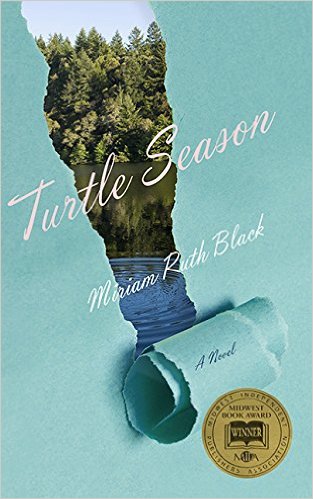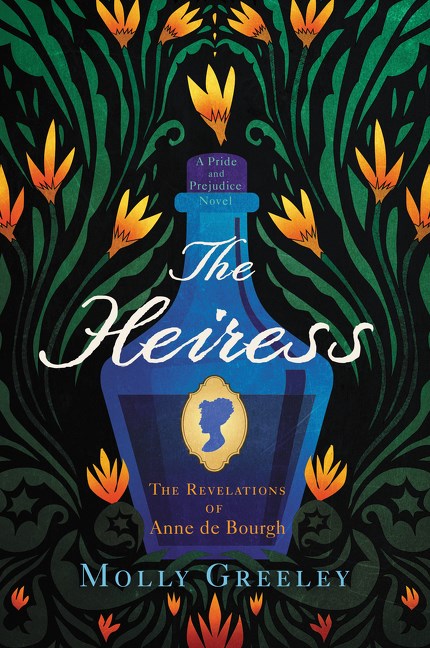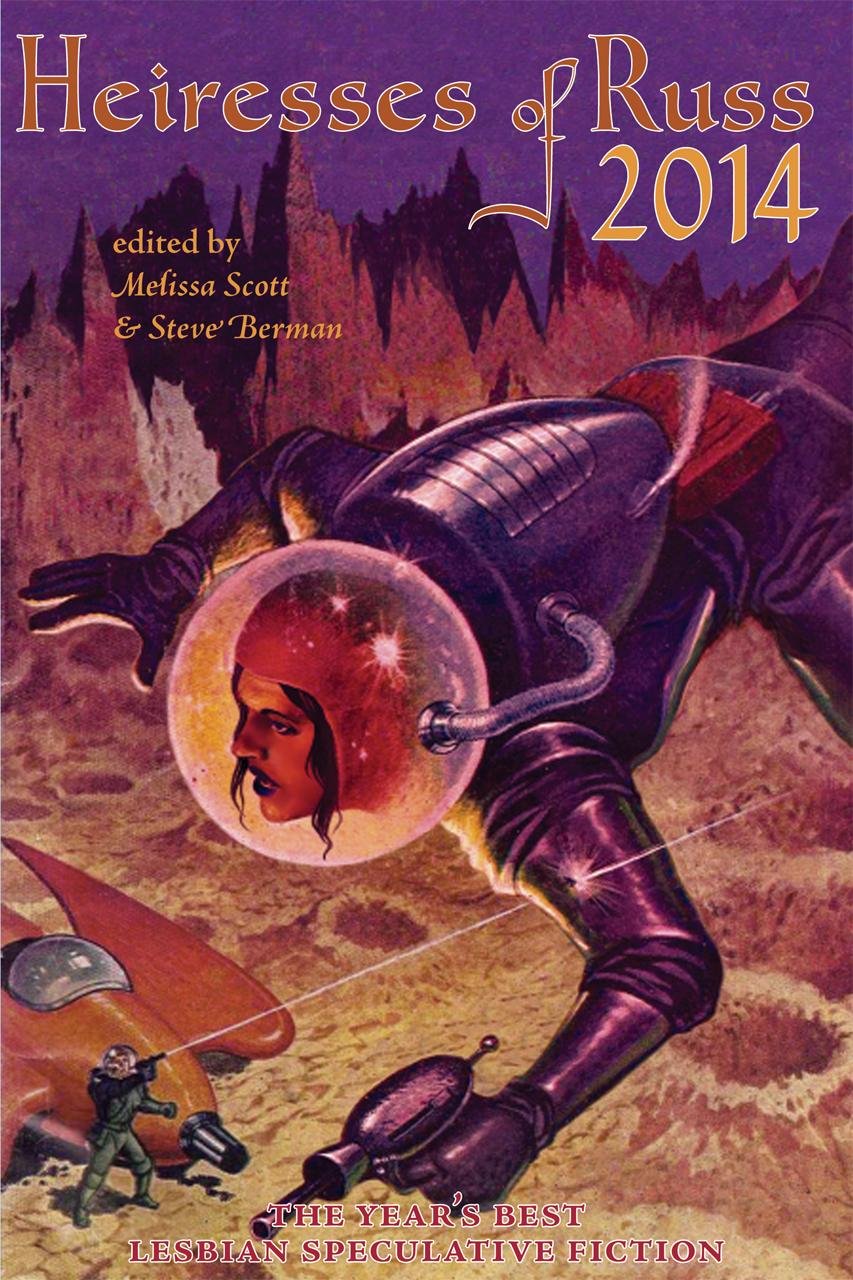Suffice it to say, our personal growth does not take place within a vacuum. Our circumstances and those with whom we interact are often the catalysts for the reconfiguring of our beliefs and perceptions. So it is for Anna Simon, the protagonist within Miriam Ruth Black’s debut novel, Turtle Season.
Blindsided by her husband’s death, dismayed with the lack of access to her children and grandchildren and adrift amid the tides of hormonal imbalance, Anna finds herself lost and alone as she navigates the challenges of middle age. The demise of her career as a community college instructor of hospice care gives her pause, motivating her to take charge of her life and to embrace the present; yet, her initial efforts to let go of the past reveal a secret that upends all she believed to be true of her thirty-year marriage.
While tending to the fallout of her dead husband’s choices, Anna finds the courage to make baby steps toward reclaiming her life, embarking upon a course of estrogen replacement therapy and enrolling in a documentary production class at the university. She gradually moves beyond her self-consciousness and begins to enjoy the process of learning camera operations, interviewing and editing. Even her project partner, Ken, respects her abilities and her input.
As the two of them go about filming a ten-minute documentary on a gay and lesbian marching band, a topic suggested by Ken that initially brings up not only a bit of discomfort for Anna but latent memories of her relationship with Audrey back in college, Anna takes the lead in interviewing members while Ken tends to the nuts and bolts of capturing footage and schlepping the heavier equipment. Upon their first meeting, the band’s drummer, Carla Martinez, secures Anna’s attention, inspiring a sense of intrigue that extends far beyond the realm of the intellectual and artistic. For the first time in years, Anna’s body responds with longing and even what she remembers as desire.
With remarkable insight, Black illuminates the groundlessness often encountered amid the shifting landscape of midlife, delving into Anna’s experience with a sensitivity that is unique within a genre that more often tackles the challenges of younger women coming into their own while coming out. Although Anna questions herself at every turn, her story is one of bravery as she grows ever more willing to challenge her own biases and assumptions and reveal her authentic self before those whose decades of friendship have no alternative but to be redefined.
Fortunately, Turtle Season is primarily a story of self-discovery and personal evolution, for the more intimate elements are simply not compelling nor believable. Neither Anna nor Carla behave in a manner akin to that witnessed in the dance of two women getting to know one another. The flirtatious moments are clumsily executed while the nuances of the courtship ring hollow for they are described rather than shown within the women’s interactions.
Although I was admittedly disappointed with the handling of Anna and Carla’s burgeoning romance, I found the focus upon Anna’s personal journey to be refreshing and validating as a middle-aged woman myself. Indeed, Black’s is a fresh voice that offers the reader shelter while encouraging her to break free of the perceived safety that exists in clinging to an understanding of herself and her experience that once was valid, but is no more.




